This will be a long blog post as I’m going to incorporate three things. Three takes on the same subject. The subject is panpsychism, which is the doctrine that everything is conscious, and that every individual thing has, if you will, a soul.
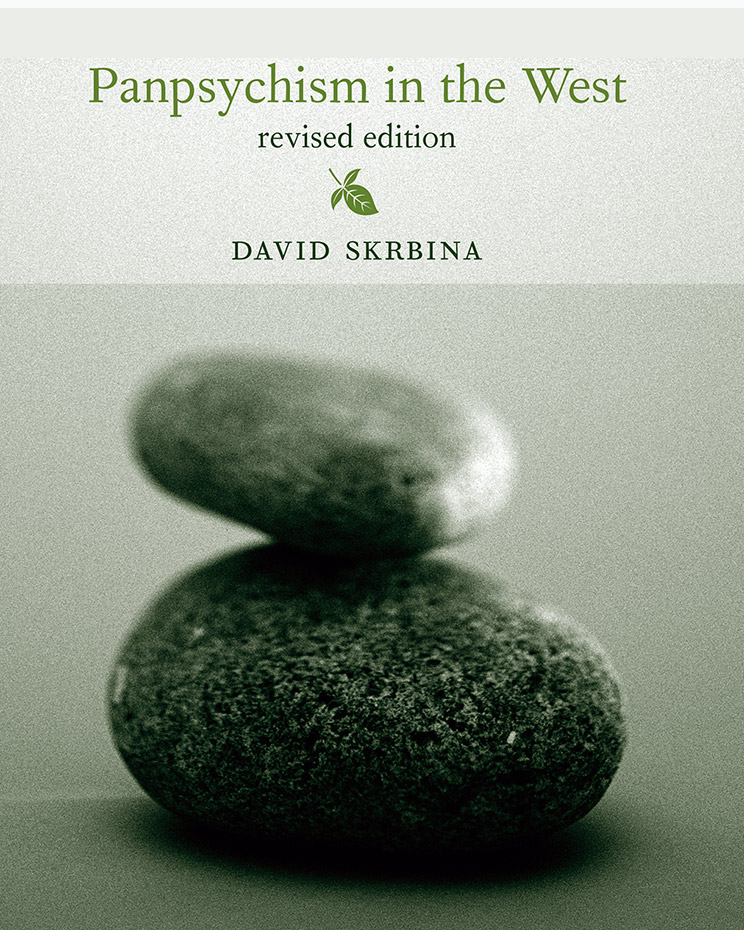
I myself have written about panpsychism, both in my nonfiction books, such as Infinity and the Mind, and in my novels, such as Hylozoic. (By the way, “hylozoism,” is a doctrine similar to panpsychism: it’s the belief that every object is in some sense alive.) While I was researching panpsychism for my novel, I came across David Skrbina’s wonderful philosophy book, Panpsychism in the West. And I realized I wasn’t alone. Up till then I’d almost thought, as Skrbina puts it, “the only panpsychic in history.” I was glad to learn I wasn’t!
I’m impelled to write about Skrbina’s book today, as a second edition has recently appeared. You can get an ebook or paperback for quite a reasonable price, either from MIT Press, or from Amazon.
What we have in my post today is, as I say, three takes. Take #1: Excerpts from Skrbina’s Panpsychism in the West , Take #2 Rudy’s “Panpsychic Manifesto”, and Take #3 On Robot Consciousness from Rudy’s Infinity and the Mind. You’ll notice a bit of overlap among the takes, but never mind.

Take #1. Excerpts from Skrbina’s Panpsychism in the West
Rather than summarizing what Skrbina says, I’ll quote excerpts from his book, and reprint some of the sources that he himself quotes. And, I hope, you’ll see for yourself what a terrific little tome this is. Introducing Panpsychism in the West, Skrbina says the following.
In reviewing the many cases for panpsychism, one notices over and over again a striking fact: that there is almost no recognition of panpsychist predecessors. In other words, most philosophers cited here seem to operate in a vacuum; they appear to have no knowledge of the long and lustrous history of panpsychism. They typically cite no one—or at most one or two individuals. … In essence, they almost act as if they were the only panpsychic in history.
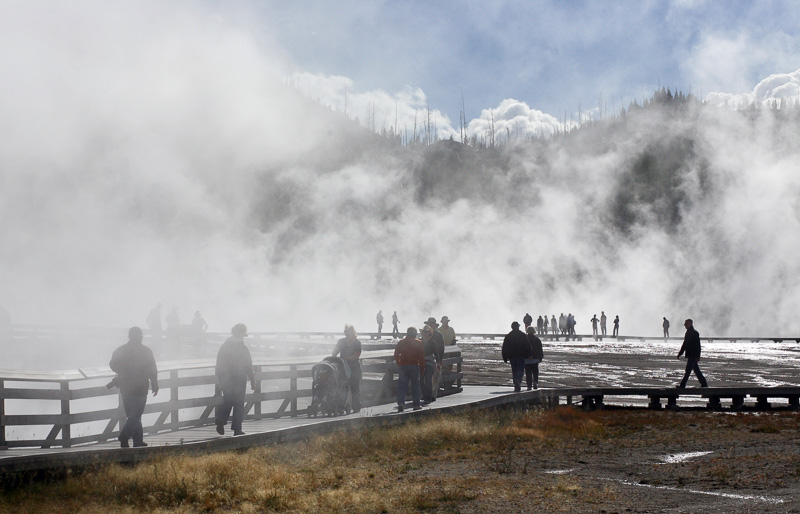
Surveying ancient philosophy, Skrbina unearths a remark by Aristotle about Thales. “Certain thinkers say that soul is intermingled in the whole universe, and it is perhaps for that reason that Thales came to the opinion that all things are full of gods.” All things are full of gods. I love that.

The scientist-philosopher Gustav Fechner is of particular interest to Skrbina, who writes the following.
The most important aspect of Fechner’s panpsychism is his conception of the world as composed of a hierarchy of minds or souls. There are souls ‘below’ us in the plants, and there are souls ‘above’ us in the Earth, the stars, and the universe as a whole. Humans are surrounded, at all levels of being, by varying degrees of soul. This is Fechner’s ‘daylight view’— the human soul at home in an ensouled cosmos. He contrasted it with the materialist ‘night view’ of humans as alone, isolated points of light in a universe of utter blackness.
You can learn more about Gustav Fechner’s panpsychism in Chapter 4 of this online edition of a 1909 book by William James A Pluralistic Universe .

Skrbina mentions that the physicist Ernst Mach equates the processes of nature with human inclinations and feelings, and that his opposition to mechanistic ontology steers him toward a view of “nature as animate” rather than “human as mechanical.”
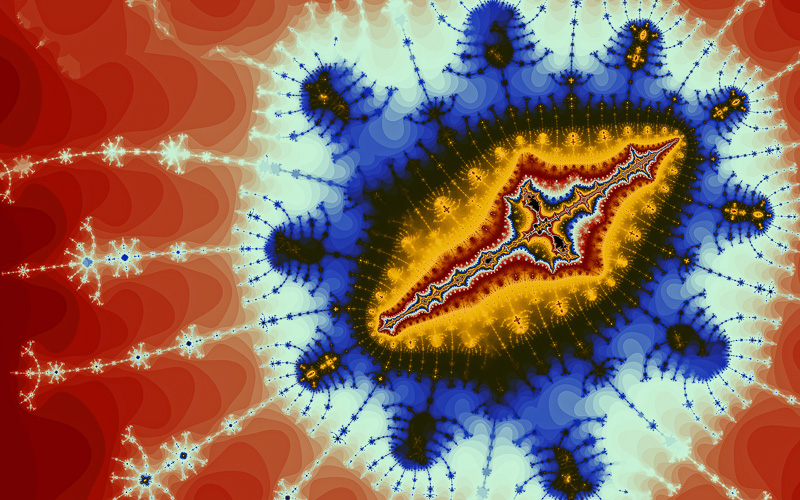
Skrbina writes about the German biologist Ernst Haeckel, known for his wonderful turn of the century book Art Forms in Nature, filled with gnarly images of jellyfish and the like.
Haeckel was explicitly panpsychist by 1892. “I regard all matter as ensouled, that is to say as endowed with feeling (pleasure and pain) and motion.” This affinity, Haeckel says, can be explained only “on the supposition that the molecules … mutually feel each other” He says that evolution shows “the essential unity of inorganic and organic nature” and “an immaterial living spirit is just as unthinkable as a dead, spiritless material; the two are inseparably combined in every atom.”

We learn that in1880, Samuel Butler wrote, “I would recommend the reader to see every atom in the universe as living and able to feel and to remember, but in a humble way. … Thus he will see God everywhere.”

Skrbina tells us that, according to Herbert Spencer in 1884 the man of science must conclude that: “Every point in space thrills with an infinity of vibrations passing through it in all directions; the conception to which [the scientist must] tend is much less that of a Universe of dead matter than that of a Universe everywhere alive: alive if not in the restricted sense, still in a general sense.”
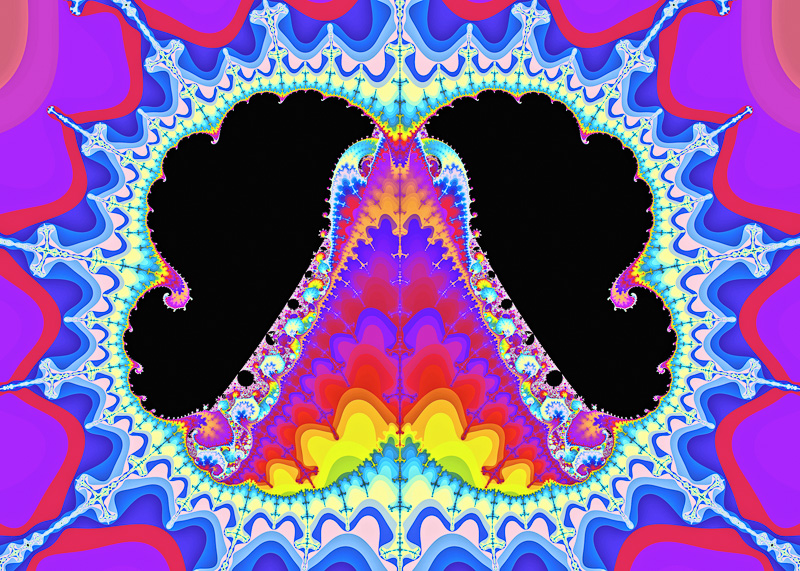
Another great bit: In a brief essay titled “Intelligent Atoms,” Thomas Edison stated that “All matter lives, and everything that lives possesses intelligence. … The atom is conscious if man is conscious, … exercises will-power if man does, is, in its own little way, all that man is. … I cannot avoid the conclusion that all matter is composed of intelligent atoms and that life and mind are merely synonyms for the aggregation of atomic intelligence.”

And another: Josiah Royce advances this line of thinking in Studies of Good and Evil (1898), displaying a deepening conviction that all things have inner lives with as much reality and intrinsic worth as those of humans: “We have no sort of right to speak in any way as if the inner experience behind any fact of nature were of a grade lower than ours, or less conscious, or less rational, or more atomic. … This reality is, like that of our own experience, conscious, organic, full of clear contrasts, rational, definite. We ought not to speak of dead nature.”
As Skrbina puts it: The “dead nature” of mechanism is fundamentally challenged by the panpsychic worldview. Skrbina ends with a compelling peroration.

Panpsychism is a distinctive metaphysical worldview. As such, it stands in an awkward relationship with conventional positivist, mechanistic thinking. It can seem inconsequential, or even incomprehensible. And yet these are the very hallmarks of new worldviews; anything less would imply a superficial or minor revision to the prevailing view. The problems of mind and consciousness are so difficult, so intractable, that “drastic actions”— perhaps even as drastic as panpsychism— are warranted. … We may be approaching one of those times in history when fundamental assumptions about the world change.

And in closing, Skribina proposes a call to action:
Natural resources, including plant and animal species, are generally seen as mindless and insentient objects, and thus as deserving no particular respect or moral consideration. With no deeper meaning or value, they exist solely to benefit us. … [But] our mechanistic worldview is in error: that, by treating nature as mindless, we engage in irrational and destructive behavior. Metaphysics has consequences.
[You can see a one-minute YouTube video of David Skribina making this last point at an “Emergence and Panpsychism” conference in Munich, 2011. More videos from this conference are online as well.]
Take #2. Rudy’s “Panpsychic Manifesto”
For some reason, I don’t quite remember why, a couple of weeks ago I started thinking about David Skrbina’s Panpsychism in the West, and about panpsychism in general, and I took a break from working on my novel-in-progress, Return to the Hollow Earth, and I wrote a kind of manifesto—which is a fanatical format I’ve always found congenial. And then I emailed Skrbina to thank him for his book, and he told me he’d published a new edition, and I engaged to get a copy of it and to write this blog post as a type of review. My thoughts scuttling around like a nest of ants.
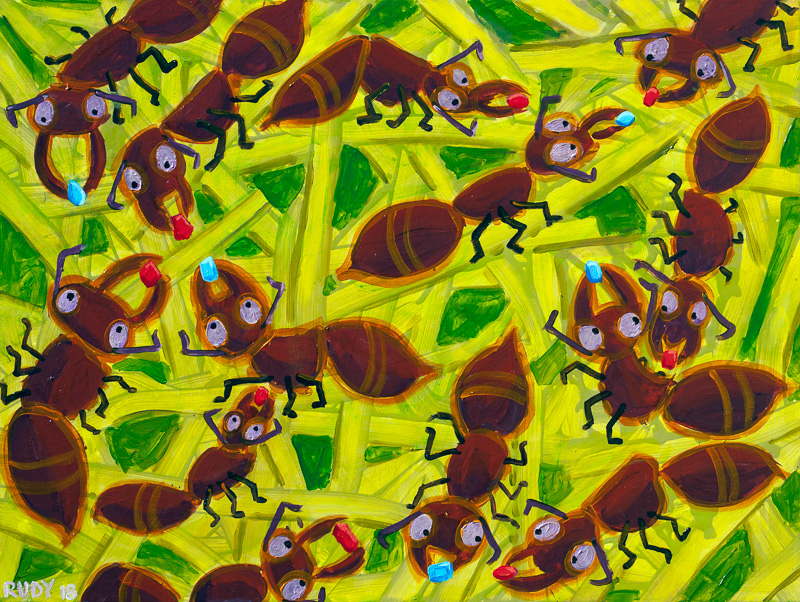
“Ants and Gems” acrylic on canvas, February, 2018, 40” x 30”. Click for a larger version of the painting.
Every entity is in some sense conscious. Putting it differently, every individual thing has a soul—from atoms to plants to societies to planets to the universe itself. The principle of universal mind is panpsychism.
This doctrine is familiar from the earliest history of philosophy, although it’s not popular now. Panpsychism fell out of favor during the Industrial Revolution, and even more so during the Computer Age.

The current tendency is to regard a mind as a computation, and to suppose that the only non-human minds are computers or robots or devices with chips. But a talking smart phone doesn’t represent the living consciousness that I’m looking for.
Panpsychic is about soul—an inner glow, far richer than any sly imitation. Trees, flowers, rocks, chairs, sandwiches, and atoms all have the glow. All are conscious.
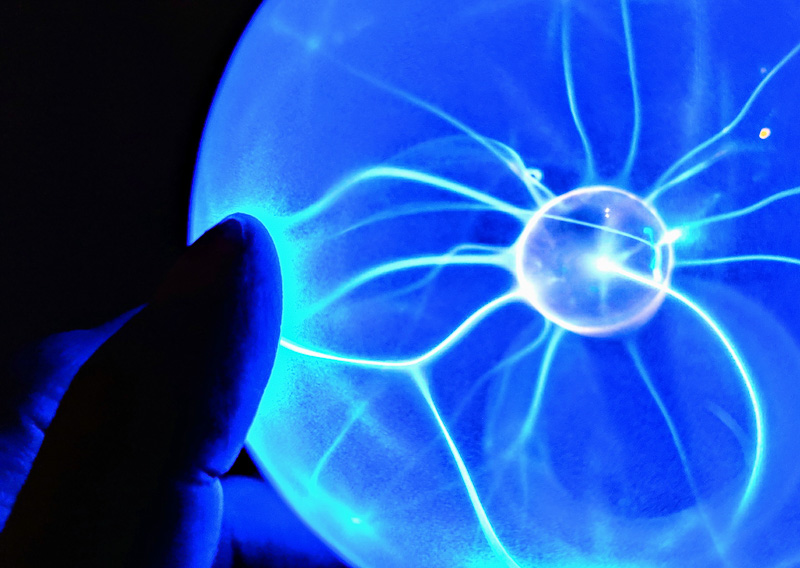
Zen Buddhists tell the story of a monk who asks the sage, “Does a stone have Buddha-nature?” The sage answers, “The universal rain moistens all creatures.”

The inner glow is not the exclusive birthright of humans, nor is it solely limited to biological organisms. Each object has a mind. Another list: Stars, hills, scraps of paper, molecules—each of them possesses the same inner glow as a human, each of them has singular inner experiences, each of them takes in sensations.
The underlying reason for this may be that natural processes embody what we can call gnarly natural computations. Think of swaying trees, a candle flame, drying mud, flowing water, even a rock. Physical chaos is everywhere. To the human eye, a rock appears not to be doing much. But at the atomic level, a rock is like a zillion balls connected by springs. A lot going on! Deep thinker.

Okay, but why bother to believe in panpsychism? Because there’s an emotional reward. It feels pleasant to suppose I’m surrounded by living minds. The nineteenth century philosopher-scientist Gustav Fechner was an eloquent advocate for this point of view. He drew a contrast between what he called the daylight view and the night view of the world.
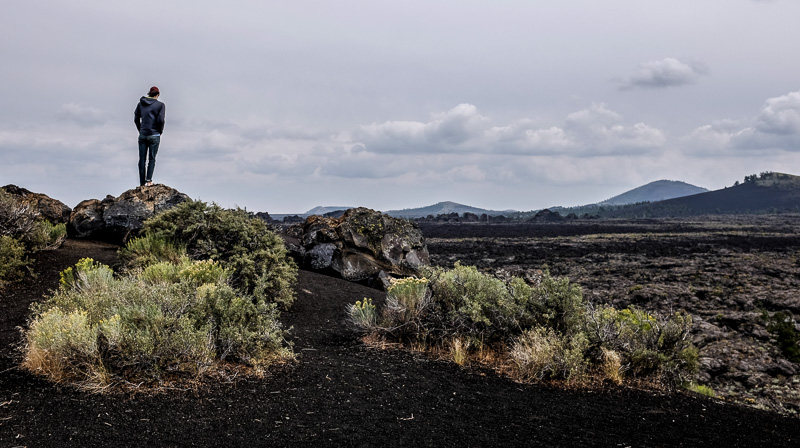
The night view: We’re the only minds around. We’re like fireflies in a silent, utterly black warehouse of cluttered junk and grim clockwork machinery. We’re specks of light amid great gears and unforgiving barriers. Lost in a gloomy, dead, uncaring world.

The day view: We’re surrounded by other souls as bright as ourselves. We wing across sunny meadows of beautiful flowers, and into the dappled forest. The air throbs with music. On every side, large and small creatures greet us. A teeming, cheerful, living, friendly world.
Which world do you prefer? I think for most of us the answer is clear.

Fine, but is there any practical use for panpsychism? I feel there is already an application. If I have a good talk with someone, I can sense they have a mind. The back and forth play of empathy brings us into a shared state. And now—here’s a jump. If you think in a certain way, it’s possible to have empathy with objects , and to see objects as glowing with inner light. This is a pleasant sensation indeed. And it comes very naturally to a carpenter, a mechanic, a painter, or a jeweler—or even to a writer, if you go so far as to think of a manuscript as a conscious, living thing.

Not practical enough? Consider this. We don’t use clockwork gears in our watches anymore, and we don’t make radios out of vacuum tubes. The era of digital computer chips will fade. Biotech computation will come and go And in the end we’ll be working with the gnarly natural computations of ordinary objects—a flame, a stream of water, a plant. Panpsychic panpsychic empathy can provide the input/output and the programming tools for these natural devices. Stare at a candle flame, and it’ll tell you what to do. Seers already do this!
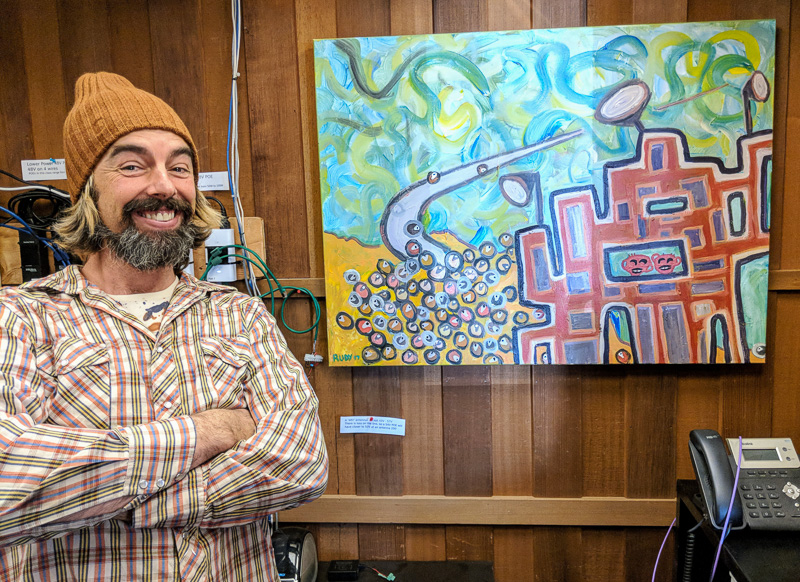
A final point. Panpsychism, like other forms of higher consciousness, is dangerous to the established order. If the soil and the plants have minds, I feel more respect for them in their natural state, and I’m prone to be more environmentally aware. If I feel myself among friends in the universe, I’m less likely to waste my life in serving Mammon. If even a corpse is alive, then I don’t care so much about dying. And it’s that much harder for political oppressors to cow me into submission.
Take #3: Rudy on Robot Consciousness in Infinity and the Mind
I wrote about panpsychism in the “Robot Consciousness” section of my book, Infinity and the Mind in 1982. (At that time, as Skrbina might put it, I didn’t truly understand I was dipping into the panpsychist tradition of philosophy.)
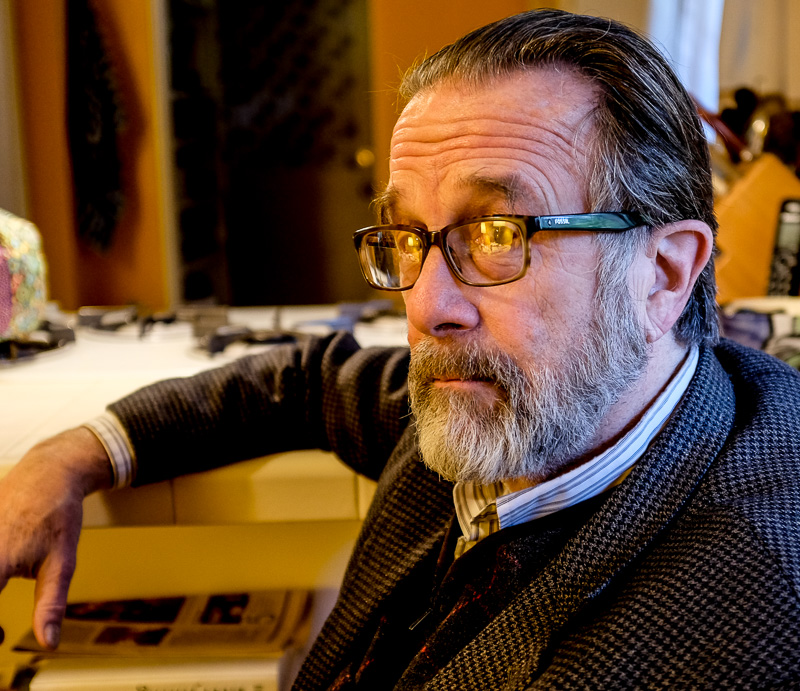
It seems evident that there could be robots whose general behavior was the same as the behavior of human beings. These robots would be thinking beings who had evolved on a substrate of metal and silicon chips, just as we are thinking beings who have evolved on a substrate of amino acids and other carbon-based compounds. Would one be justified in saying that these highly evolved robots possess consciousness in the same sense that humans do?
Upon lengthy introspection, most people will agree that the individual person consists of three distinct parts: (a) the hardware, the physical body and brain; (b) the software, the memories, skills, opinions, and behavior in general; (c) consciousness, the sense of self or personal identity, pure awareness, the spark of life, or even the soul.

I would like to argue that any component of parts (a) or (b) can be replaced or altered without really affecting (c). My purpose in arguing this way will be to show that there is nothing about part (c) that is specific to the individual. …
I contend that the sum total of the individual consciousness is the bare feeling of existence, expressed by the primal utterance, I am. Anything else is either hardware or software, and can be changed or dispensed with. Only the single thought I am ties me to the person I was twenty years ago.

The curious thing is that you must express your individual consciousness in the same words that I use: I am. I am me. I exist. The philosopher Hegel was very struck by this fact, and deemed it an instance of “the divine nature of language.”
What conclusion might one draw from the fact that your essential consciousness and my essential consciousness are expressed in the same words? Perhaps it is reasonable to suppose that there really is only one consciousness, that individual humans are simply disparate faces of what the classical mystic tradition calls the One.
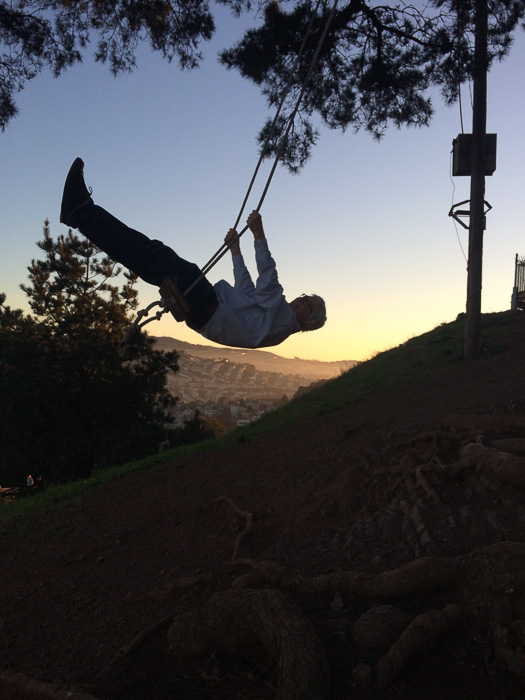
The essence of consciousness is, really, nothing more than simple existence. I am. Why should the possession of this sort of consciousness be denied to anything that does exist? Aquinas has said that God is pure existence unmodified. Is it not evident that there is a certain single something–call it God, or the One, or pure existence–that pervades the world as it is?

Consider the Zen phrasing of this: The universal rain moistens all creatures. Or think of the world as a stained-glass window with light shining through every part.
To exist is to have consciousness. The other things one might feel are necessary for consciousness are more or less complicated sorts of hardware and software, patterns of mass and energy. But no pattern can be conscious until it exists, until it is brought into reality. Existence is, finally, the only thing required for consciousness.

A rock is conscious. This piece of paper is conscious. And so, of course, is a robot, both before and after his behavior evolves to our level. Traditionally, those who have asserted the equivalence of men and (possible) machines have been positivists, mechanists, materialists. They put their viewpoint this way: “People are no better than machines.” But if one only changes the emphasis, then this equivalence can become the expression of a deep [panpsychic] belief in the universality and reality of consciousness: “Machines can be as good as people!”









April 26th, 2018 at 11:09 am
Thank you for “The universal rain moistens all creatures.” You must have forgotten the part “and the monk was awakened.”